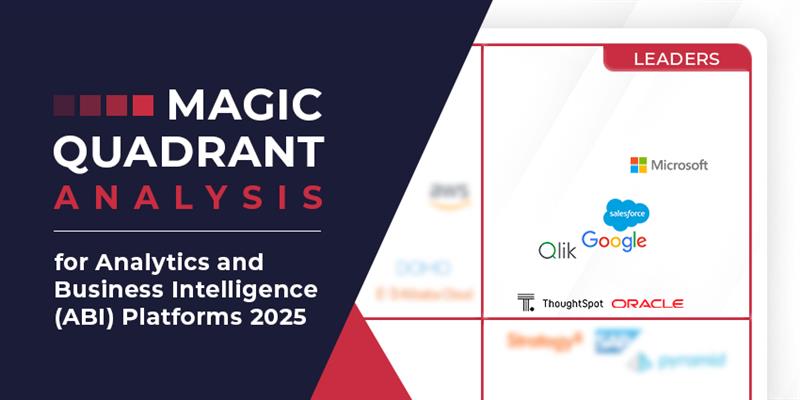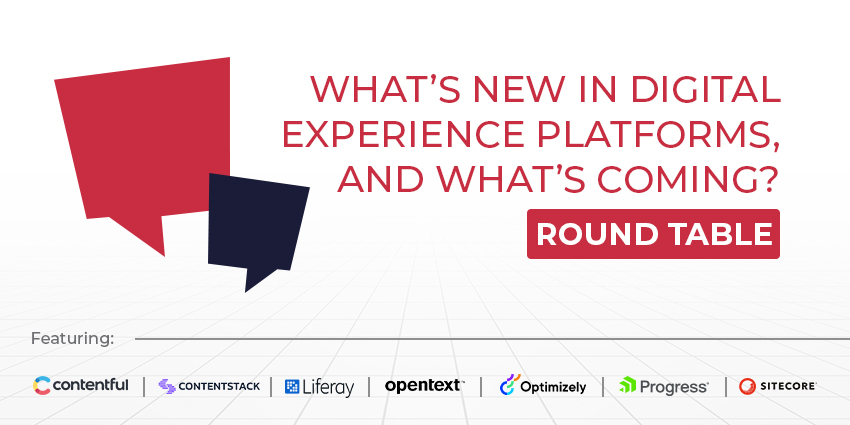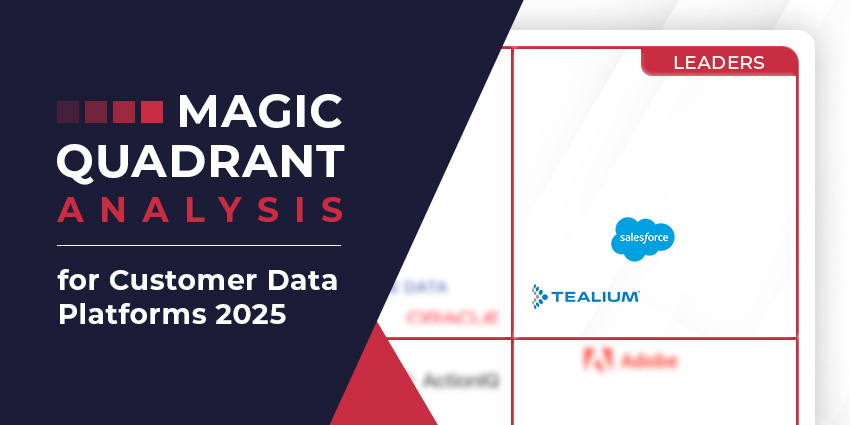Architects, engineers, and scientists now create virtual models of a physical object to better understand its mechanics. These are known as digital twins.
From building exact replicas of real-world items – such as bridges, construction sites, and even formula one cars – these technologies are enabling next-level what-if testing.
Now, digital twins are making their way into healthcare. Dassault Systems even recently created a virtual model of the human heart to test various medical procedures and devices.
Theoretically, such use cases could evolve significantly, enabling digital doppelgangers of patients through 3D modeling, AI, and data collected from IoT sensors. The combination of these technologies is already building digital twins of complete factories.
Of course, the idea of creating a digital replica of patients is far beyond the horizon. But, analysts note that the idea is starting to gain momentum.
Ismail Serin, a Digital Twin Expert at SAP, states:
At SAP, we are mainly looking at the concept more from an industrial perspective. [However], a digital twin of a human being is basically another domain for digital twins that is also growing quite quickly.
It is fascinating how such an innovation could impact future patient experiences, especially as 3D imaging becomes more sophisticated and devices – such as the Apple Watch – continuously collect personal data. This includes heart rate, blood oxygen levels, and more.
Thanks to such technologies and data, doctors could test and compare treatment options for individual patients, isolate biological markers for diseases like cancer and diabetes, and harness incredible medical imaging.
Through determining the best-placed therapies, digital twins could positively transform patient experiences and potentially prolong the human lifespan. It may also increase healthcare efficiency to take the strain away from support staff.
However, these outcomes are a long way down the road, and there are many ethical considerations that digital twin specialists and healthcare teams must consider first.
Nevertheless, the possibility of digital twins is an exciting prospect that could positively transform patient outcomes and support smoother healthcare experiences.
Find out how to start enhancing healthcare journeys now by reading our article: A CX Partnership for Our Times: Healthcare and Technology in 2022







